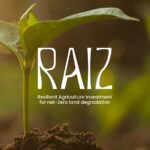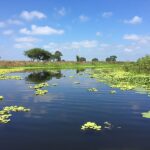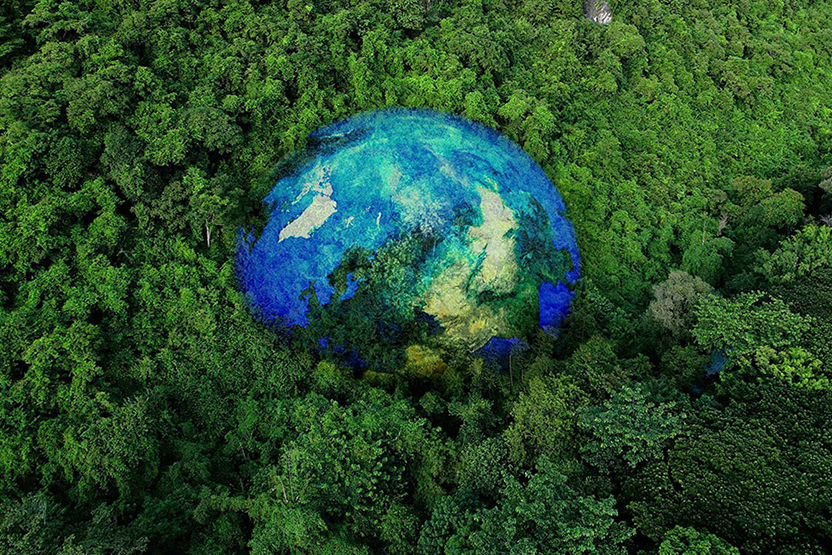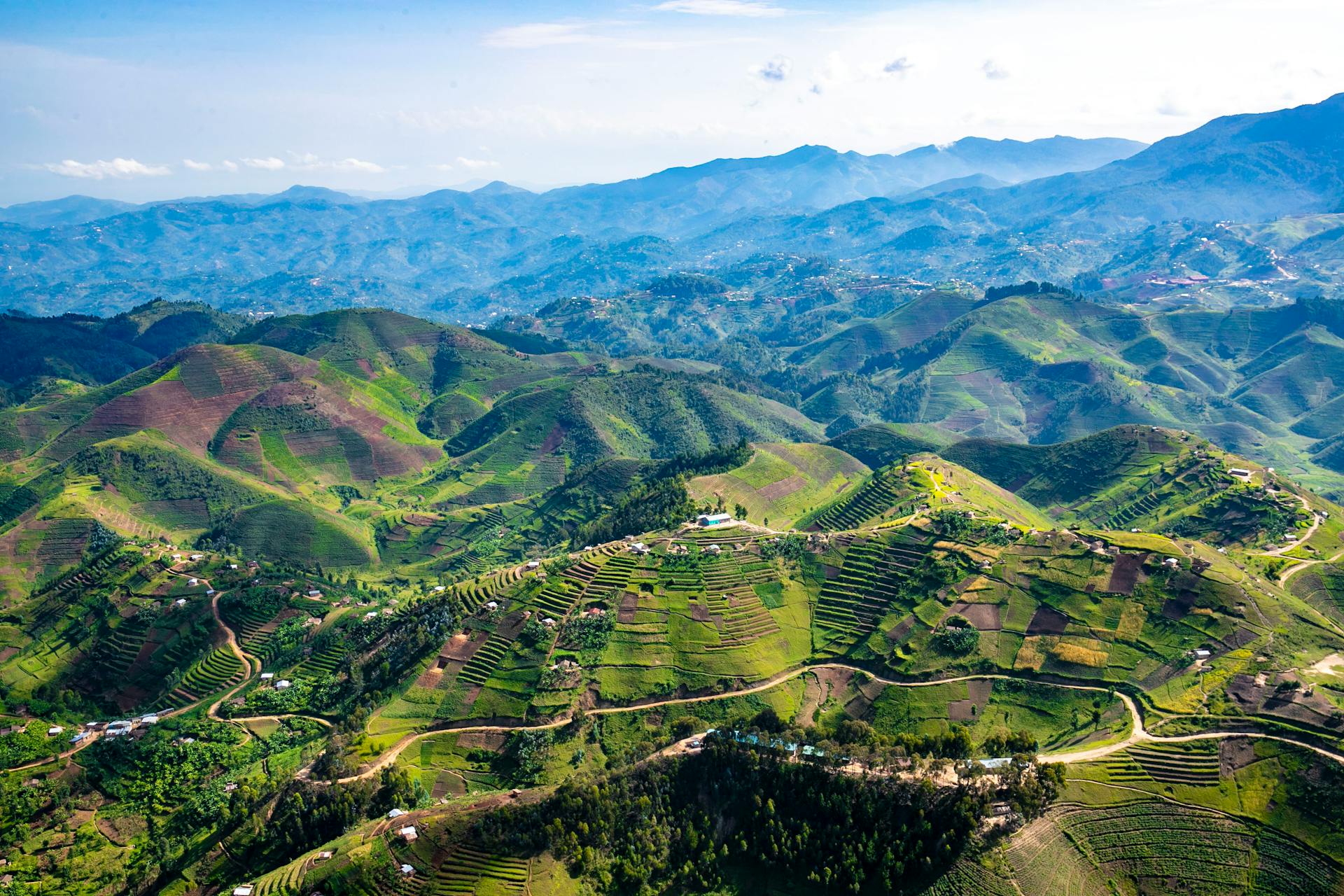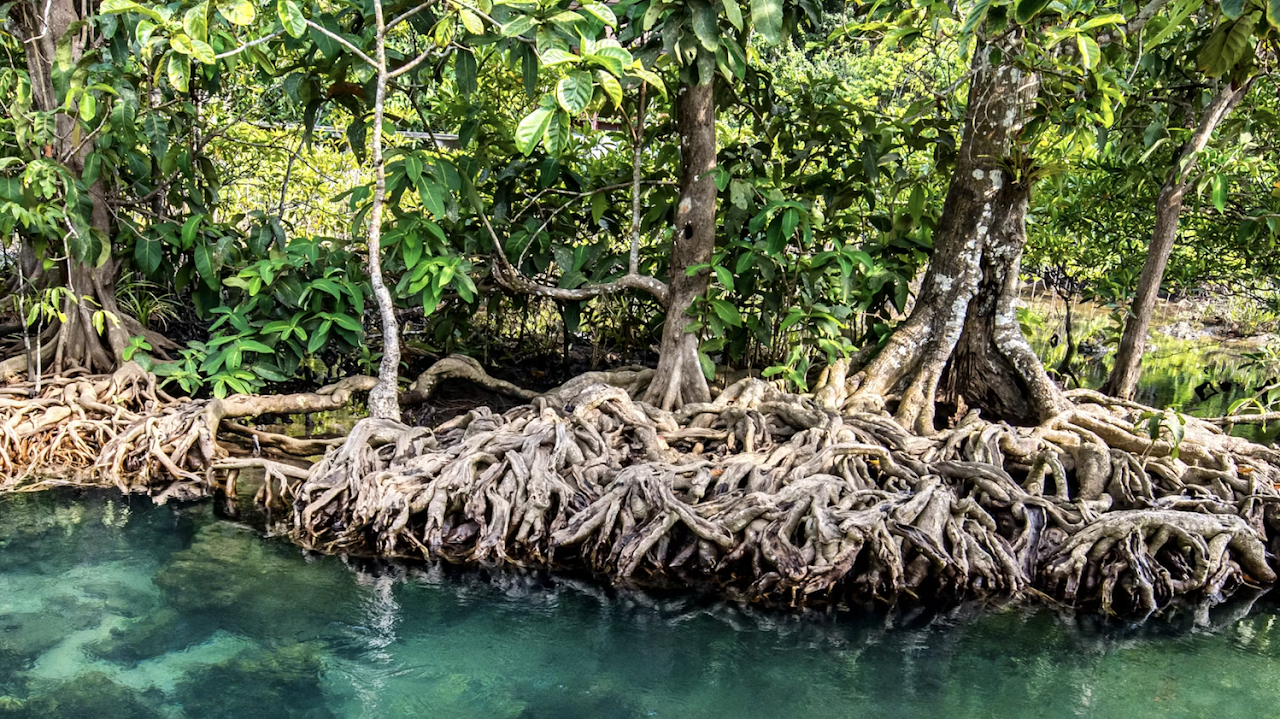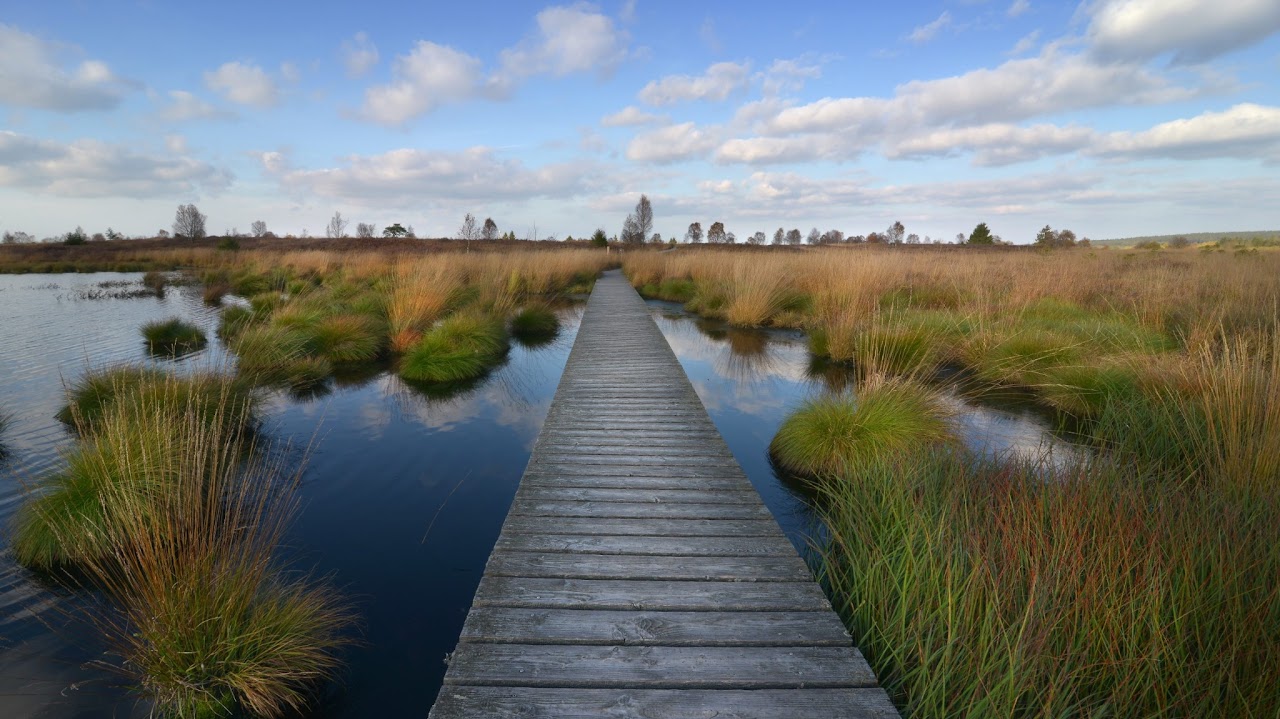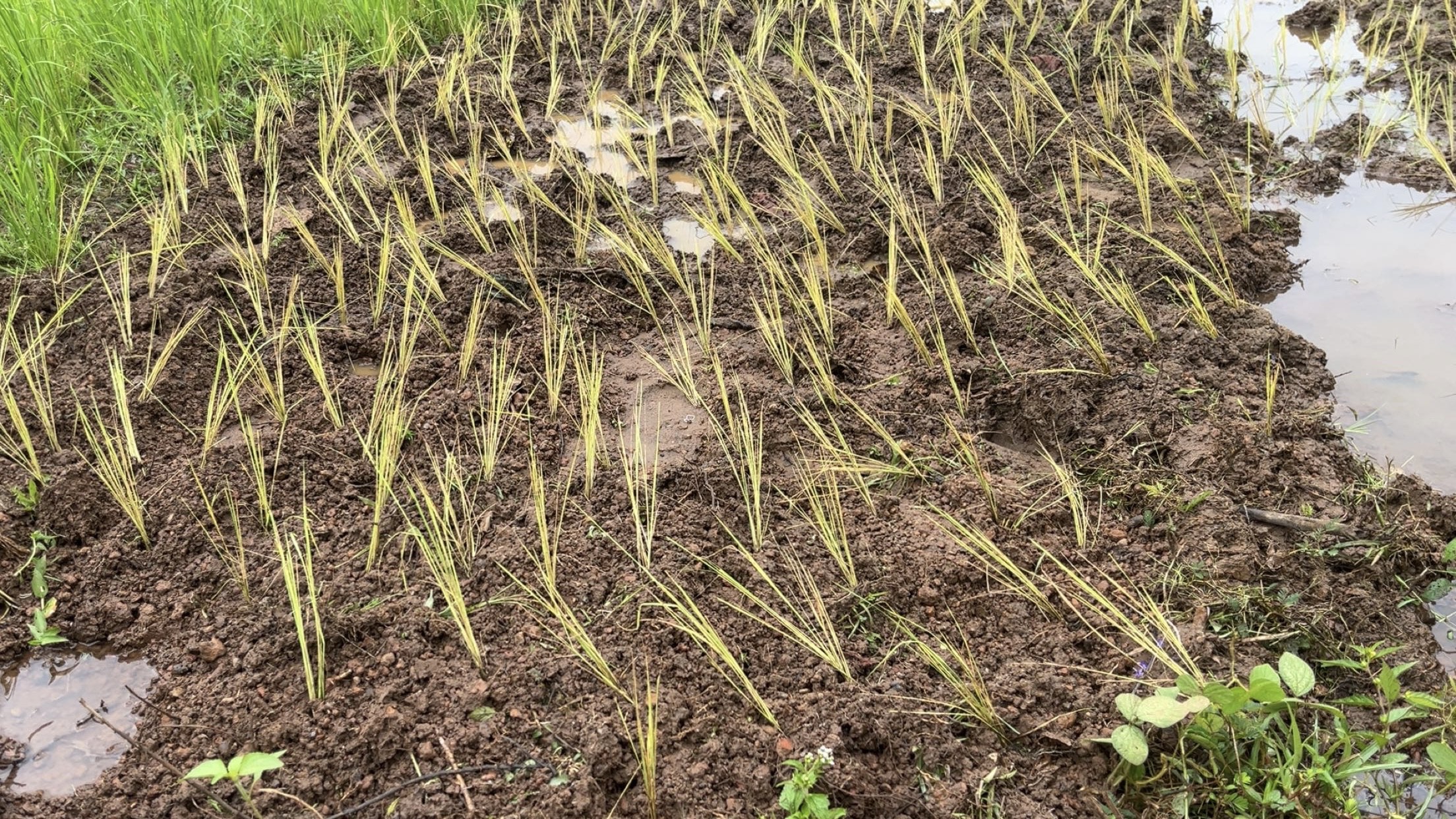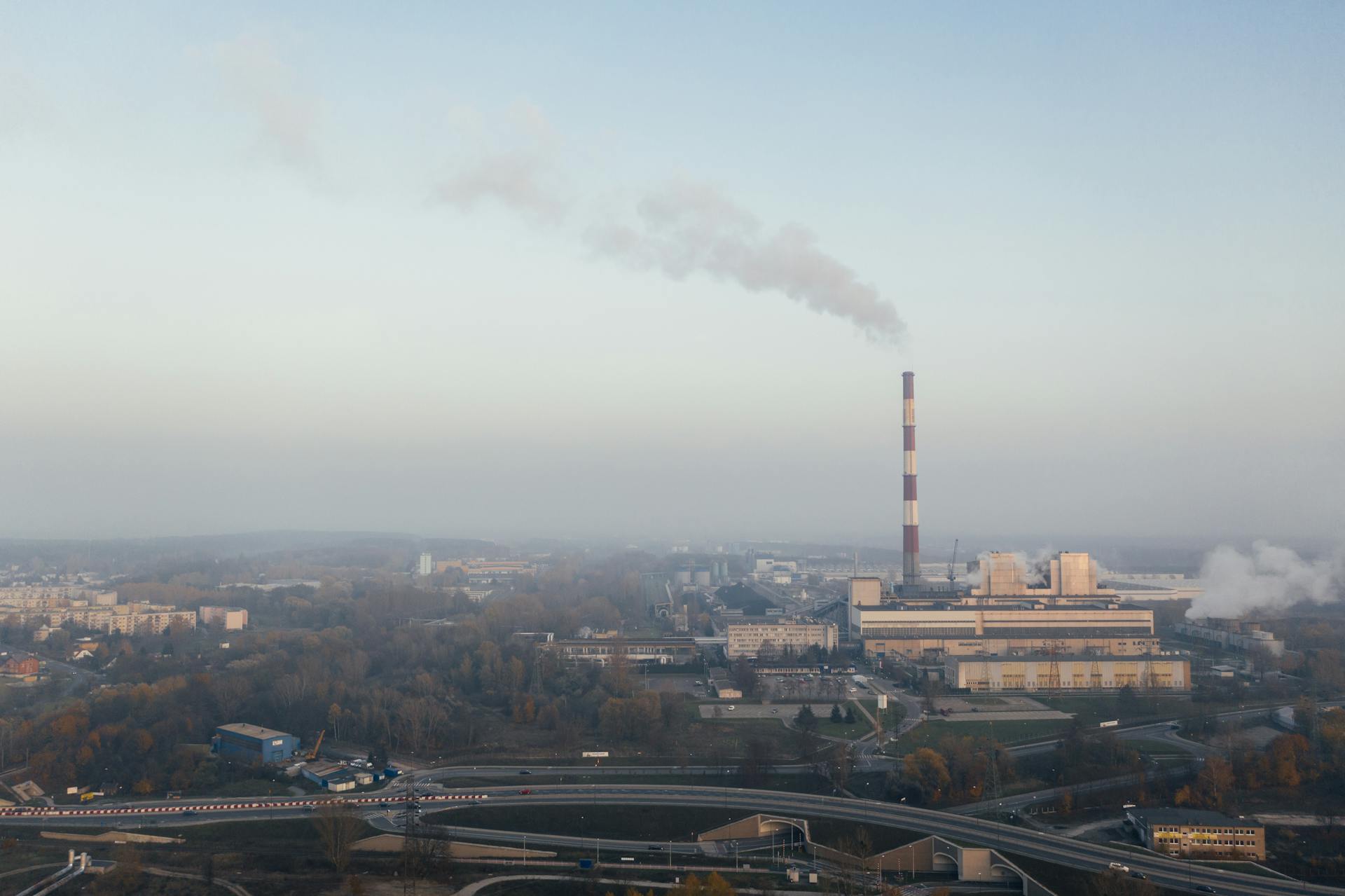A day of insightful discussions on nature, communities and ecosystems at the Restoration Pavilion at UNCCD COP16
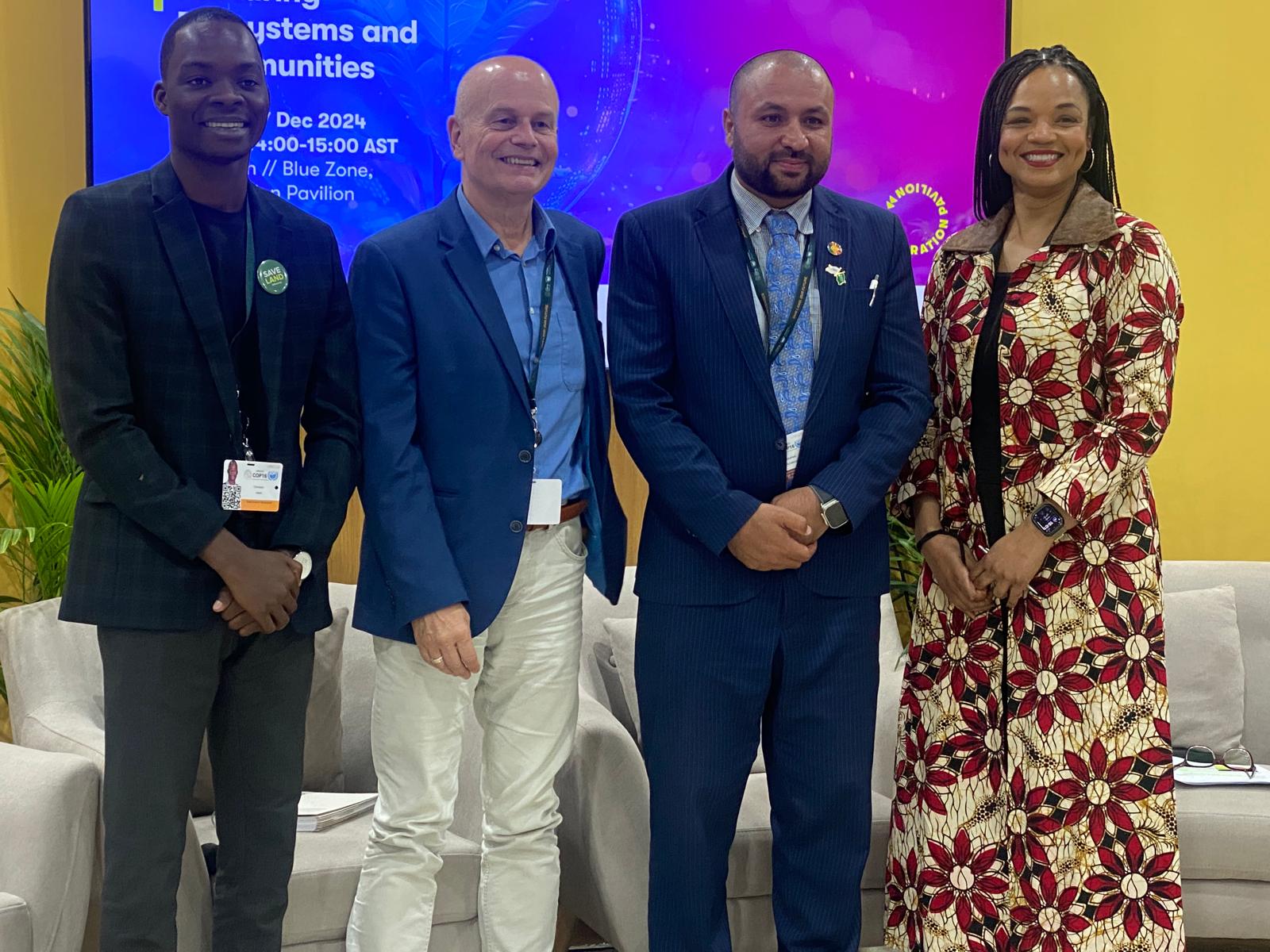
Lukwesa Burak (r) with Innovation Stage Panelists at the Restoration Pavilion during UNCCD COP16, on 7 December 2024, in Riyadh, Saudi Arabia.
Photo credit: UNCCD/G20 Global Land Initiative
G20 Global Land Initiative’s Restoration Pavilion delivered another day filled with impactful events at UNCCD COP16, showcasing innovative solutions to restore land, strengthen community resilience and promote sustainable ecosystems.
Six thought-provoking sessions brought together global experts, indigenous leaders and practitioners to exchange knowledge and strategies, bridging modern science and grassroots action.
Across the day’s events, one message resonated clearly: local communities are at the heart of successful restoration.
Speakers called for strengthened public-private partnerships, improved access to funding and the removal of socio-economic barriers that hinder widespread adoption of restoration practices.
The event Accelerating Land Restoration in Lowland-Based Systems in Africa highlighted the urgent need for restoring degraded lowlands, which are critical for biodiversity and food security in the continent.
Speakers emphasized reconnecting to nature through integrated practices like smart irrigation systems, indigenous water management techniques and climate-adaptive agriculture.
These solutions not only restore ecosystems but also empower marginalized communities, including women and youth, to become agents of sustainable change.
Holistic ecosystem approaches were a central theme throughout the day, particularly in Scaling Up Land Restoration – Bridging Large-Scale and Grassroots Efforts for Sustainable and Long-Term Impact and Nurturing Ecosystems and Communities.
Experts explored how combining cutting-edge technologies like Geographic Information Systems mapping and climate-smart innovations with community-driven approaches can address the dual crises of land degradation and biodiversity loss. These strategies aim to create landscapes that are both ecologically resilient and economically viable.
The critical link between mental health and environmental challenges was discussed in Drought and Distress: Unveiling the Mental Health Impact of Droughts. Presenters delved into the emotional toll of prolonged droughts on rural communities. They called on decision-makers to incorporate mental health resources into restoration projects. By recognizing and addressing these interconnected challenges, restoration becomes a more inclusive process that fosters both ecological and social resilience.
The day also highlighted the significance of indigenous and community-led efforts in land restoration. Indigenous Knowledge in Land Conservation and Restoration showcased how ancestral practices, such as farmer-managed natural regeneration, can enhance modern restoration techniques.
Participants underscored the importance of co-creating restoration frameworks with indigenous peoples, whose traditional wisdom often provides sustainable, cost-effective solutions.
A standout session, Forests by Heartfulness: The Heartfulness Way of Restoring Ecosystems through Soil Health, Lake Rejuvenation and Afforestation, offered an inspiring example of community-driven environmental stewardship.
Through a blend of heart-connection and ecological practices, the initiative has demonstrated measurable success in improving soil quality, enhancing water conservation and restoring forests. These outcomes exemplify how reconnecting individuals to the environment can drive transformative change on a global scale.
The Restoration Pavilion is a hub for engaging in meaningful dialogue and collaboration. Events and workshops will run until 11 December 2024, providing further opportunities to advance global efforts to combat desertification, land degradation and the climate crisis.

